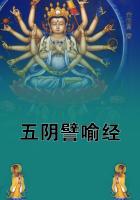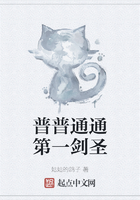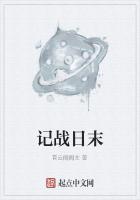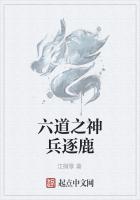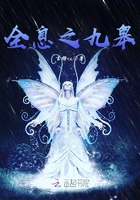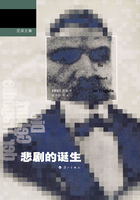Once upon a time, a certain ronin, Tajima Shume by name, an able and well-read man, being on his travels to see the world, went up to Kiyoto by the Tokaido. [The road of the Eastern Sea, the famous highroad leading from Kiyoto to Yedo. The name is also used to indicate the provinces through which it runs.] One day, in the neighbourhood of Nagoya, in the province of Owari, he fell in with a wandering priest, with whom he entered into conversation. Finding that they were bound for the same place, they agreed to travel together, beguiling their weary way by pleasant talk on divers matters; and so by degrees, as they became more intimate, they began to speak without restraint about their private affairs; and the priest, trusting thoroughly in the honour of his companion, told him the object of his journey.
"For some time past," said he, "I have nourished a wish that has engrossed all my thoughts; for I am bent on setting up a molten image in honour of Buddha; with this object I have wandered through various provinces collecting alms, and (who knows by what weary toil?) we have succeeded in amassing two hundred ounces of silver--enough, I trust, to erect a handsome bronze figure."
What says the proverb? "He who bears a jewel in his bosom bears poison." Hardly had the ronin heard these words of the priest than an evil heart arose within him, and he thought to himself, "Man's life, from the womb to the grave, is made up of good and of ill luck. Here am I, nearly forty years old, a wanderer, without a calling, or even a hope of advancement in the world. To be sure, it seems a shame; yet if I could steal the money this priest is boasting about, I could live at ease for the rest of my days;" and so he began casting about how best he might compass his purpose. But the priest, far from guessing the drift of his comrade's thoughts, journeyed cheerfully on till they reached the town of Kuana. Here there is an arm of the sea, which is crossed in ferry-boats, that start as soon as some twenty or thirty passengers are gathered together; and in one of these boats the two travellers embarked. About half-way across, the priest was taken with a sudden necessity to go to the side of the boat; and the ronin, following him, tripped him up while no one was looking, and flung him into the sea. When the boatmen and passengers heard the splash, and saw the priest struggling in the water, they were afraid, and made every effort to save him; but the wind was fair, and the boat running swiftly under the bellying sails; so they were soon a few hundred yards off from the drowning man, who sank before the boat could be turned to rescue him.
When he saw this, the ronin feigned the utmost grief and dismay, and said to his fellow-passengers, "This priest, whom we have just lost, was my cousin; he was going to Kiyoto, to visit the shrine of his patron; and as I happened to have business there as well, we settled to travel together. Now, alas! by this misfortune, my cousin is dead, and I am left alone."
He spoke so feelingly, and wept so freely, that the passengers believed his story, and pitied and tried to comfort him. Then the ronin said to the boatmen:
"We ought, by rights, to report this matter to the authorities; but as I am pressed for time, and the business might bring trouble on yourselves as well, perhaps we had better hush it up for the present;
I will at once go on to Kiyoto and tell my cousin's patron, besides writing home about it. What think you, gentlemen?" added he, turning to the other travellers.
They, of course, were only too glad to avoid any hindrance to their onward journey, and all with one voice agreed to what the ronin had proposed; and so the matter was settled. When, at length, they reached the shore, they left the boat, and every man went his way; but the ronin, overjoyed in his heart, took the wandering priest's luggage, and, putting it with his own, pursued his journey to Kiyoto.
On reaching the capital, the ronin changed his name from Shume to Tokubei, and, giving up his position as a samurai, turned merchant, and traded with the dead man's money. Fortune favouring his speculations, he began to amass great wealth, and lived at his ease, denying himself nothing; and in course of time he married a wife, who bore him a child.

